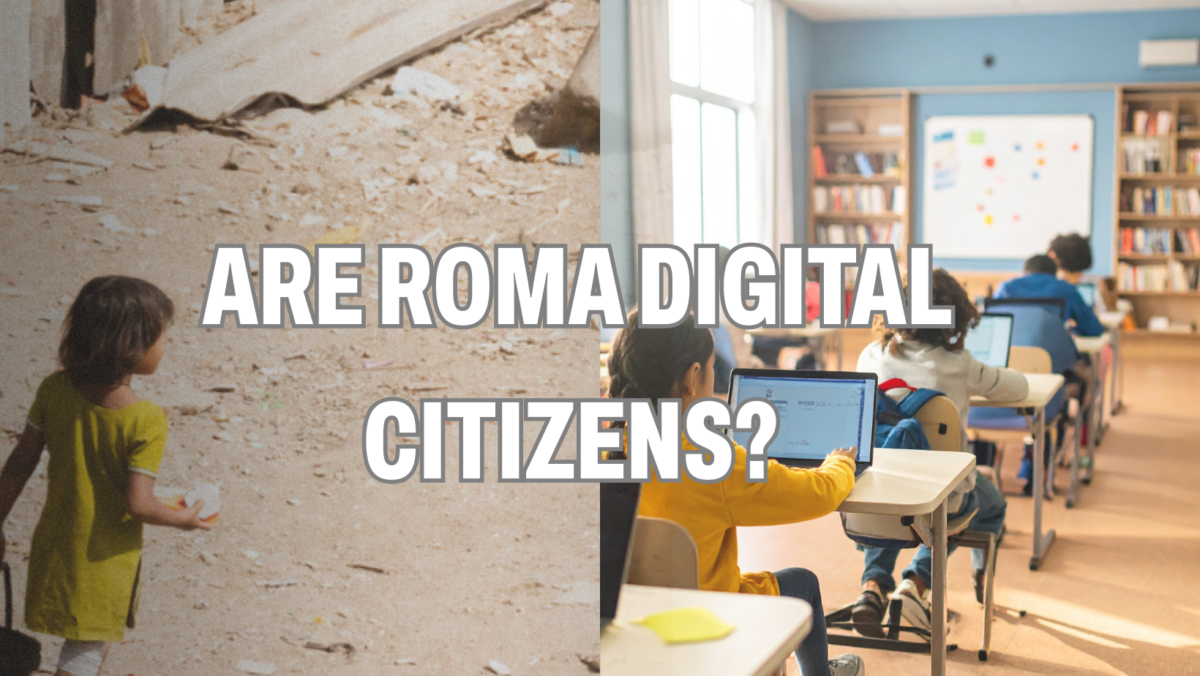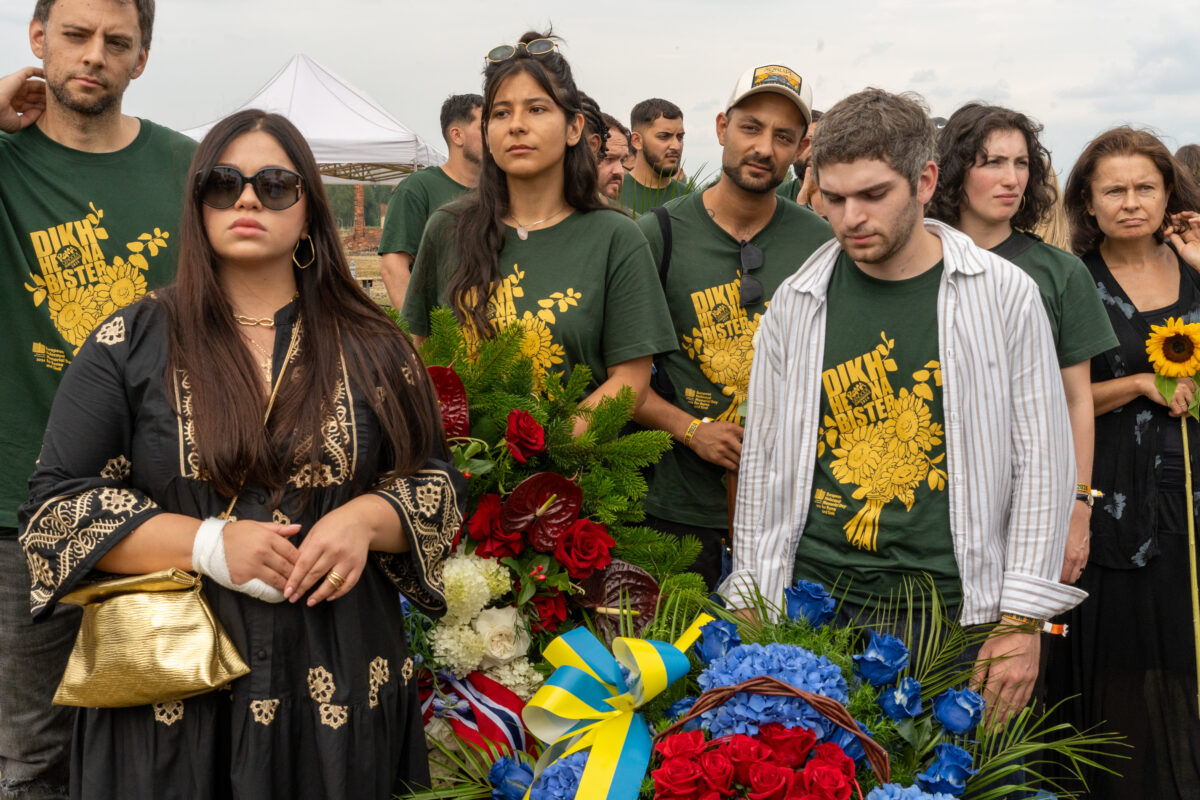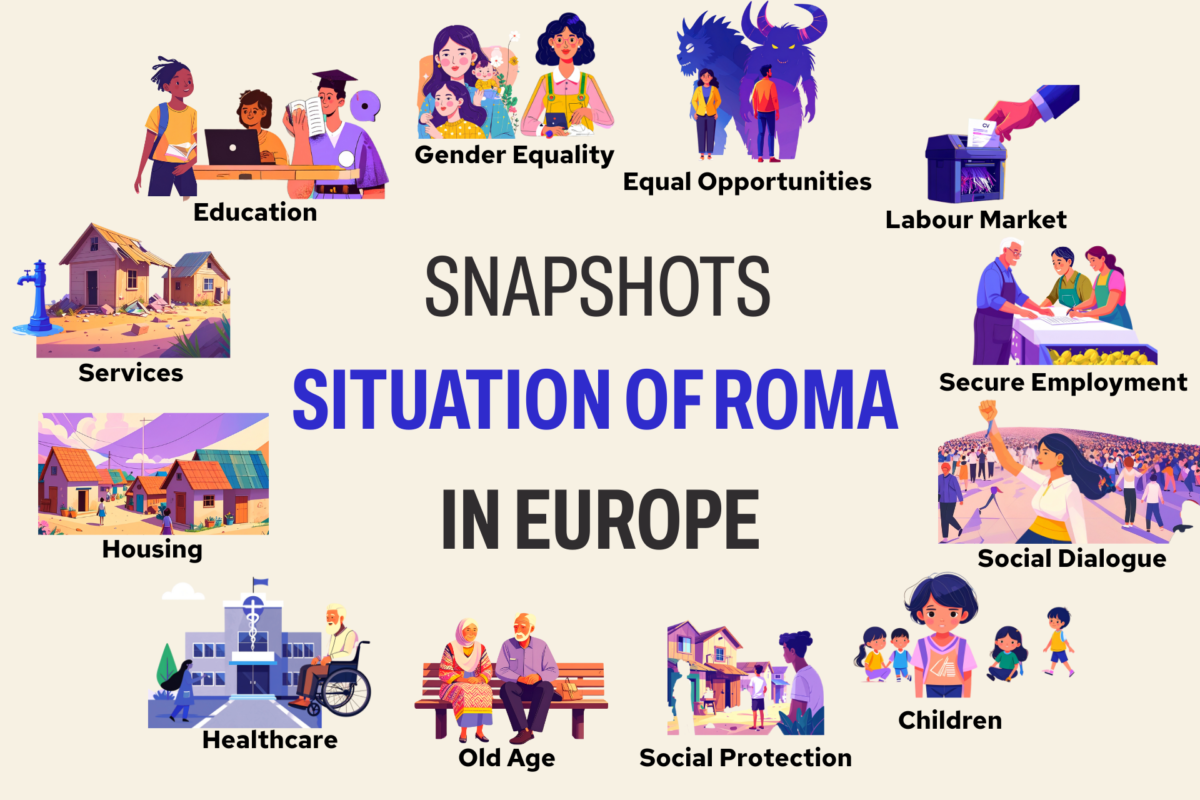Welcome to our new team member – our Finance Manager
We’re happy to welcome a new colleague to the ERGO Network Secretariat in Brussels. Our new Finance Manager Anne-Françoise Massotte brings strong expertise to the team
Within the ERGO Secretariat, Anne-Françoise is responsible for:
Financial Administration: Checking and booking incoming and outgoing invoices, assigning analytical codes, arranging payments with the Director’s approval, managing the cashbox, preparing contracts and outgoing invoices, and following up on payments.
Budgeting and Reporting: Providing quarterly financial reports and forecasts, contributing to the annual budget, preparing financial documents for the Board, General Assembly and annual report, and supporting donor reporting in cooperation with the Senior Programme Manager.
Compliance and Audit: Ensuring VAT and tax compliance in Belgium, liaising with the bank (KBC Brussels), preparing for audits, and working closely with external auditors on both project and statutory audits.
Human Resources: Coordinating with the payroll provider (Partena), preparing employment contracts, submitting monthly presence reports, supporting onboarding and HR queries, preparing Dimona ID fiches, liaising with Mensura and insurance providers, ordering luncheon vouchers, and arranging work permits for non-EU staff.
Read more about her in her own words:
After graduating from the Université Libre de Bruxelles (Solvay Business School), I’m still proud that my highest grade was in management control! (Admittedly, I was less enthusiastic about some of the other courses.)
I’m Belgian, but throughout my career I’ve had the chance to travel across Europe. This experience has shaped me into an “all-terrain” financial manager, with a solid background in both commercial and non-commercial sectors.
Numbers may be part of my DNA, but I’m a curious person above all. These days, I’m also the proud mother of two grown-up children whose passions and ideas spark endless conversations in our house — often challenging old narratives and helping reimagine new futures.
I’m delighted to be joining ERGO Network and look forward to contributing to its mission.
Feel free to reach out to me: a.massotte@ergonetwork.org





